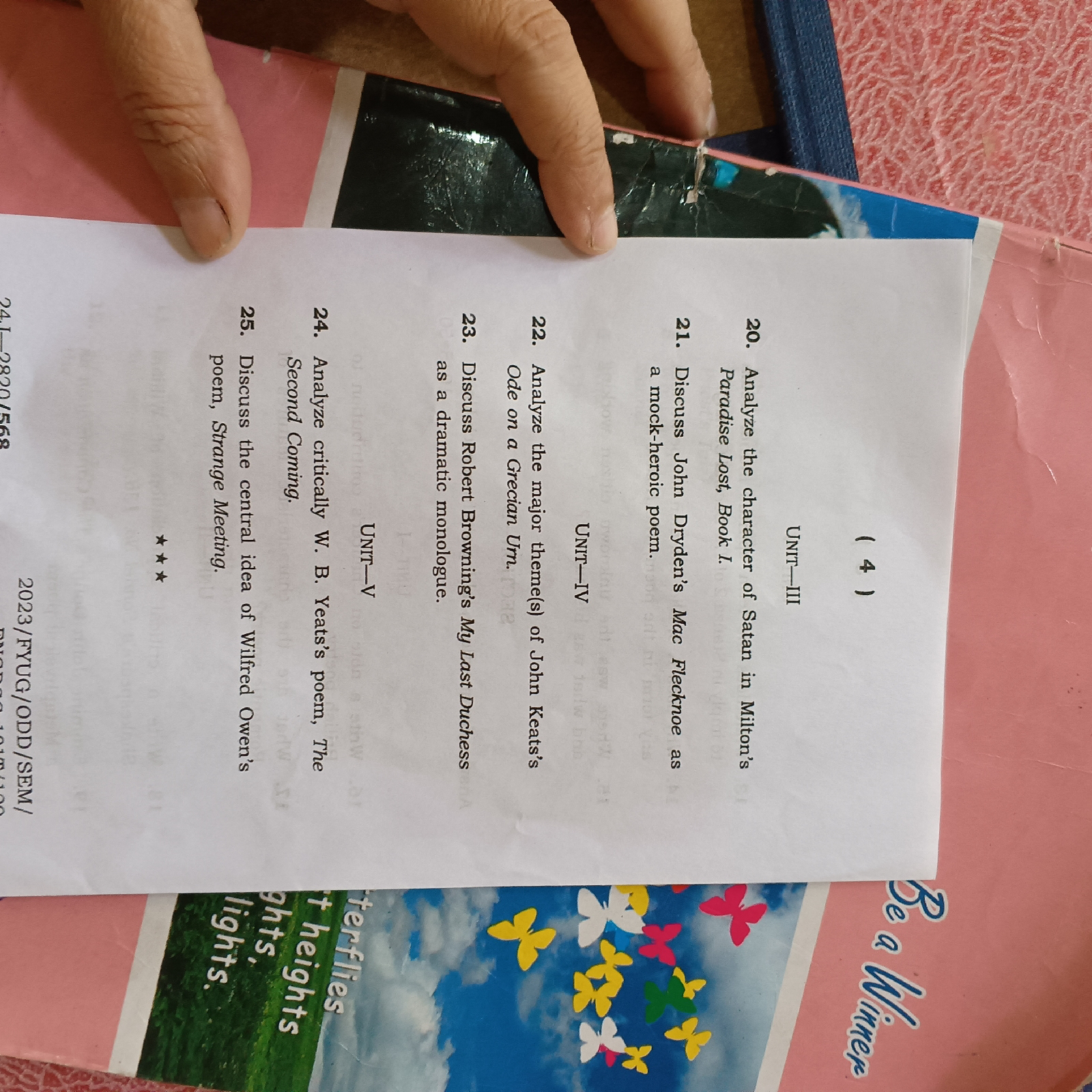283. DSC 202- 2:ii Eupheus Introduced (1)
Euphuism is a highly elaborate and ornate style of writing and speaking, most famously exemplified in Euphues: The Anatomy of Wit, a novel by John Lyly published in 1578. The term "euphuism" itself derives from the character Euphues, whose name comes from the Greek word meaning "graceful" or "witty." This literary style, characterized by its extensive use of alliteration, antithesis, balanced sentences, and classical references, was both admired and criticized for its artificiality and complexity. Background and Purpose of Euphuism: John Lyly was a dramatist and novelist during the Elizabethan era, a time marked by the flourishing of literature and a heightened interest in rhetoric. His work Euphues: The Anatomy of Wit became a guide to courtly behavior and was particularly appealing to the educated, aristocratic classes of England. The novel serves as a moralistic treatise on the virtues and vices of young men, delivered through the witty, rhetorical conv...

